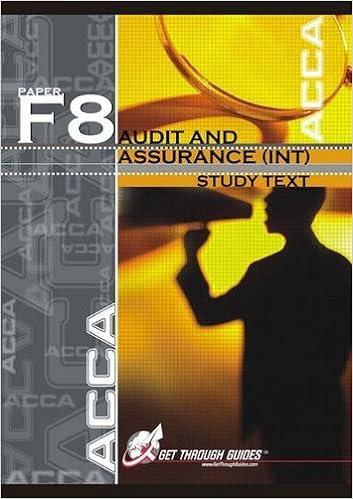310 Auditing-Individual Auditing Case Assienment Northpoint Company Peter Wong is an audit manager a medium-sized CPA firm, Kim & Company and of has been assigned to the Northpoint Company's audit engagement. His primary responsibility is gathering evidence from the examination of financial statements the One of the audit areas that concern Peter is ending 31 December 2016. company, accounts receivable balance generated by the distributorship side of the On 31 December 2015, this account made up 20% of the company's total assets, and analytical procedures applied to the 30 september 2016 trial balance revealed several unusual signs relating to accounts receivables in the distributorship side of the The average age of the outstanding accounts had jumped from 45 days at 30 September 2015 to 60 days as at 30 September 2016. Since the company sells to its customers on terms of 2/15; n/50, this calculation indicated to Peter that the average balance presently overdue. In addition, the company's write-off of was accounts had increased For the first nine months of 2015, only dramatically. $82,000 in receivables were judged to be bad, while s220.000 were considered uncollectible during the same period in 2016. Consequently, he viewed the inherent risk in this area to be quite high In the latter part of october, Peter discussed his findings with Jack Kim, audit partner the engagement. At that meeting, Peter outlined the critical areas, as he perceived them within the Northpoint examination. He indicated that one of these potential problems was the company's accounts receivable. Because of his concern, Peter spent considerable time reviewing with Jack the revenue and cash receipts cycle. They were aware that receivables provide special opportunities for theft as well as the reporting of fictitious sales. Because high level of inherent risk for receivables, Jack suggested that further of the testing should be done in hopes of reducing the control risk initially assessed in this area. Otherwise, a considerable amount of substantive testing would be required of the audit team. Consequently, Peter was assigned to perform extensive testing to determine if adequate control procedures and policies exist and are operating effectively. Once this test of controls i decision can be reached as to the finished, a amount of substantive testing that is necessary, and whether substantive procedures, such as confirming accounts receivable, can be done on an interim basis Jack also asked Peter to consider possible internal control improvements that could be recommended to Northpoint. John Chan, the president of the company, had












